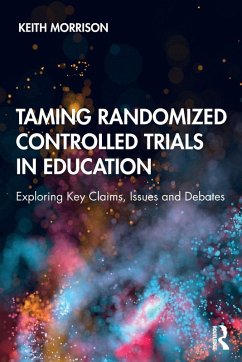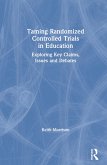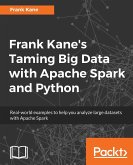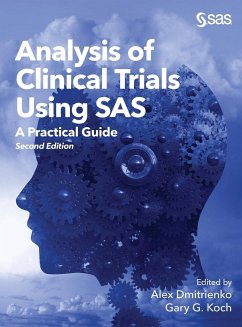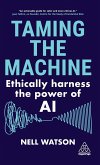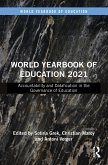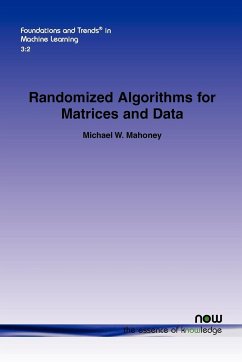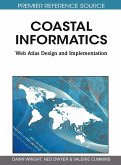There is a recent surge in the use of randomized controlled trials (RCTs) within education globally, with disproportionate claims being made about what they show, 'what works', and what constitutes the best 'evidence'. Drawing on up-to-date scholarship from across the world, Taming Randomized Controlled Trials in Education critically addresses the increased use of RCTs in education, exploring their benefits, limits and cautions, and ultimately questioning the prominence given to them. While acknowledging that randomized controlled trials do have some place in education, the book nevertheless argues that this place should be limited. Drawing together all arguments for and against RCTs in a comprehensive and easily accessible single volume, the book also adds new perspectives and insights to the conversation; crucially, the book considers the limits of their usefulness and applicability in education, raising a range of largely unexplored concerns about their use. Chapters include discussions on: The impact of complexity theory and chaos theory. Design issues and sampling in randomized controlled trials. Learning from clinical trials. Data analysis in randomized controlled trials. Reporting, evaluating and generalizing from randomized controlled trials. Considering key issues in understanding and interrogating research evidence, this book is ideal reading for all students on Research Methods modules, as well as those interested in undertaking and reviewing research in the field of education.
Bitte wählen Sie Ihr Anliegen aus.
Rechnungen
Retourenschein anfordern
Bestellstatus
Storno

